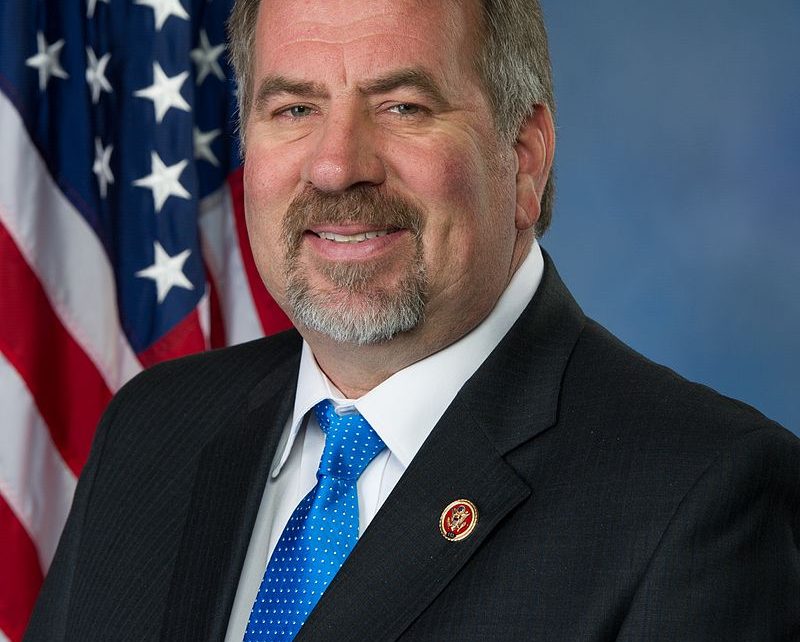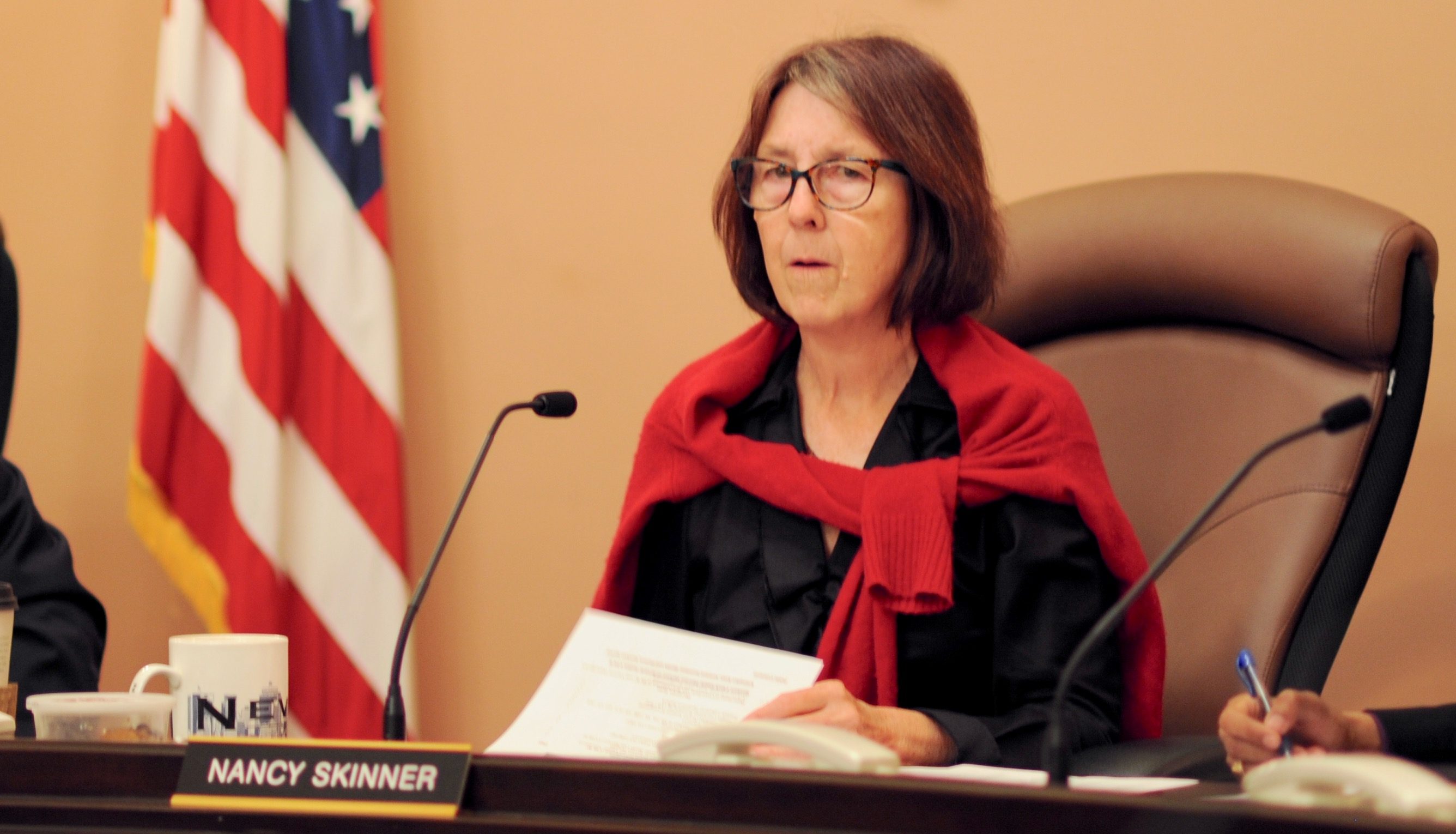
Rep. Doug LaMalfa (https://lamalfa.house.gov/)
Congress Moves Closer In Granting Amnesty For Millions Through Farmworkers Bill
Employment-based immigration reform is what agriculture and its farmers have been asking for
By Michelle Mears, November 29, 2019 6:12 am
“The bill is a masked attempt at amnesty by the powerful agriculture industry that refuses to invest in labor-saving mechanization or automation.”
The House Judiciary Committee voted Nov. 21 on the Farm Workforce Modernization Act (H.R. 5038), to grant amnesty to farmworkers. The bill, which is supported by 24 Republicans and has 51, co-sponsors would grant amnesty to more than 2-million illegal aliens. The bill creates a new immigration status titled Certified Agricultural Worker (CAW).
The bill would also make E-Verify mandatory throughout the agriculture industry and make further changes to the H-2A guest worker program. However, the bill’s opponents say it creates a system of servitude and does nothing to modernize farm labor.
According to the Federation for American Immigration Reform (FAIR), “This repeats a common pattern of “amnesty first, enforcement later.”
In a report by FAIR, the democrats on the committee rejected amendments offered by Republicans to address worker protections, banning aliens with multiple DUI convictions, and anti-fraud protections. Opponents to the bill also believe that allowing U.S. farmers’ to rely on cheap labor will reduce their incentive for the use of machines. Farmers in other countries, meanwhile, are becoming competitive by investing in machines.
Congresswoman Sheila Jackson-Lee (D-Texas) offered an amendment to allow Secretary of Homeland Security to grant certified agricultural worker status “to an immigrant who is inadmissible or deportable from the United States, or is under a grant of deferred enforced departure, or has temporary protected status.”
CAW is a new program that allows illegals who worked in agriculture two years and are deportable or inadmissible to be granted the ability to stay in the United States under the Temporary Protected Status or Deferred Enforced Departure.
According to FAIR, CAW aliens can eventually apply for green cards through an archaic system that resembles indentured servitude.” Non-citizens who worked in agriculture for at least 10 years before the bill’s enactment must work under CAW status for at least four additional years before applying for a green card. There are also questions on fraud and how would an illegal alien prove their length of employment.
Those who support granting amnesty to the Farmworkers and are lobbying for its passage include United Farmworkers, who said, “This bill is a milestone that will help bring stability to farmworkers and their families and the agricultural industry. No longer will children worry whether their moms and dads are coming home from work. The bill addresses the pervasive fear faced every day by the immigrant farmworkers who perform one of the toughest jobs in America. The bill also includes significant new protections and rights for groups of farmworkers previously excluded from basic rights.”
The House Judiciary Immigration and Citizenship Chair, Zoe Lofgren (D-CA), thanked Rep. Dan Newhouse (R-CA) in a press release, “The H2A is broken and outdated. Agriculture is losing millions every year because we can’t get qualified workers. I thank Newhouse for his support. American agriculture needs “a stable, legal, and experienced workforce.”
The H2A program has grown by 200 percent in ten years, from 82,000 certified workers nationwide in 2008 to 242,000 in 2018, according to the Office of Foreign Labor Certification at the U.S. Department of Labor. In the first half of 2019 close to 124,000 workers have already been certified.
Rep. Doug LaMalfa (R-CA), who represents the 1st district in Northern California and is a rice farmer, wrote in a press release, “After the program is in place, E-Verify will become mandatory to ensure only those legally in the country can work. This employment-based immigration reform is what President Trump has requested from Congress, it’s what agriculture and its farmers have been asking for, and it’s what the workers themselves need. It will vastly increase safety via legal border access and significantly reduce the use of fake documents and IDs while cutting out the human trafficking that is such a large part of border access for those seeking otherwise to fill these work needs.“
Preston Huennekens, with FAIR, wrote the organization opposes the Farm Workforce Modernization Act and, “The bill is a masked attempt at amnesty by the powerful agriculture industry that refuses to invest in labor-saving mechanization or automation. The United States cannot afford to grant amnesty to millions of alien farmworkers with nothing in return but a belated promise to implement E-Verify – by the very agriculture companies that work around the law to hire illegal aliens in the first place.”
FAIR also posted on their webpage, “Like all amnesties, this bill would encourage further illegal immigration into the United States. Further, it does not address agricultural labor needs in the future. A better bill would focus on expanding agriculture’s access to labor-saving technology.”
More can be read on FAIR’s position here: https://www.fairus.org/sites/default/files/2019-11/BillSummary_FarmWorkforceModernAct.pdf
List of the 51 sponsors for the Farm Workforce Modernization Act: https://www.congress.gov/bill/116th-congress/house-bill/5038/cosponsors
The following is a link to show how each member of congress voted who serves on the committee: https://docs.house.gov/meetings/JU/JU00/20191120/110259/CRPT-116-JU00-Vote007-20191120-U1.pdf




